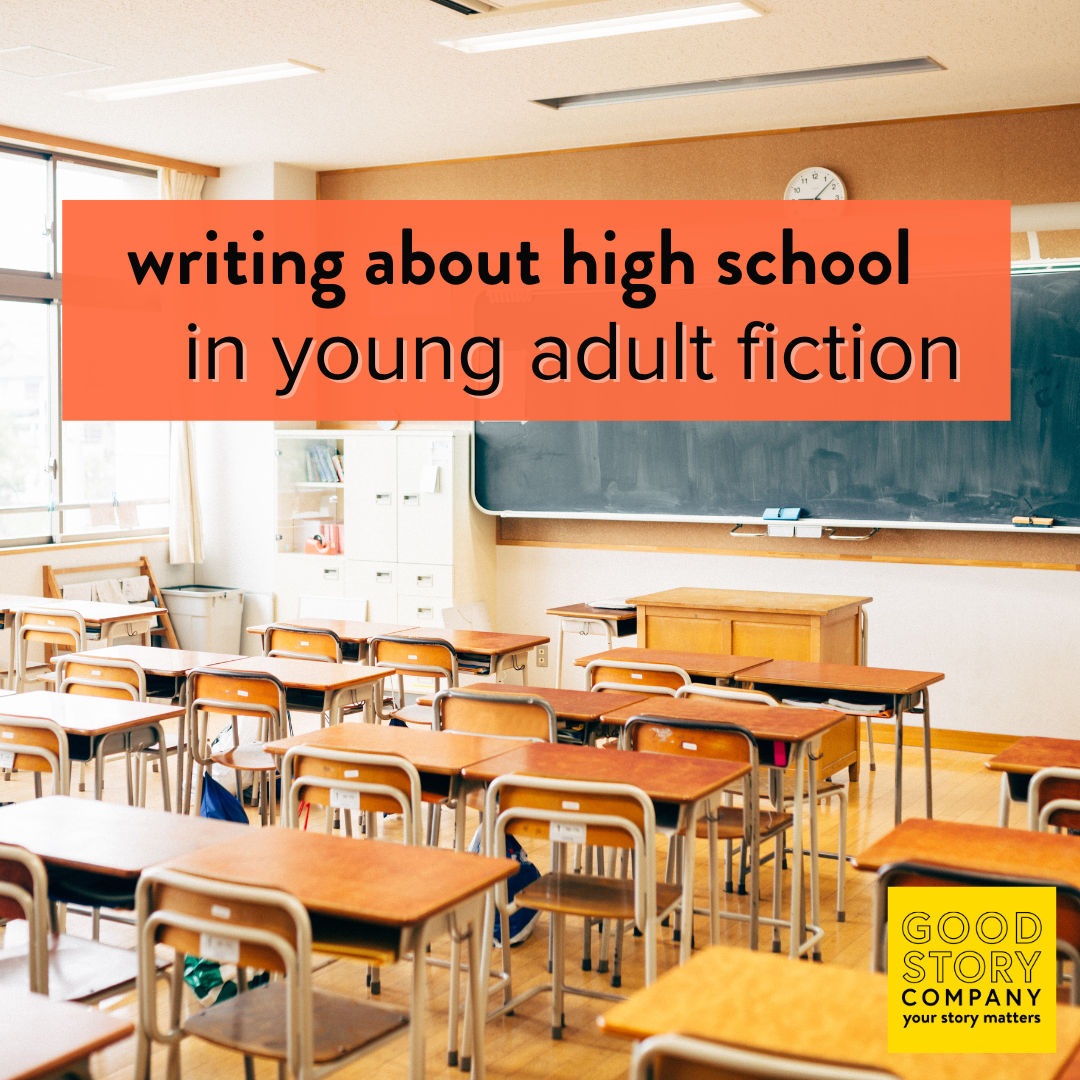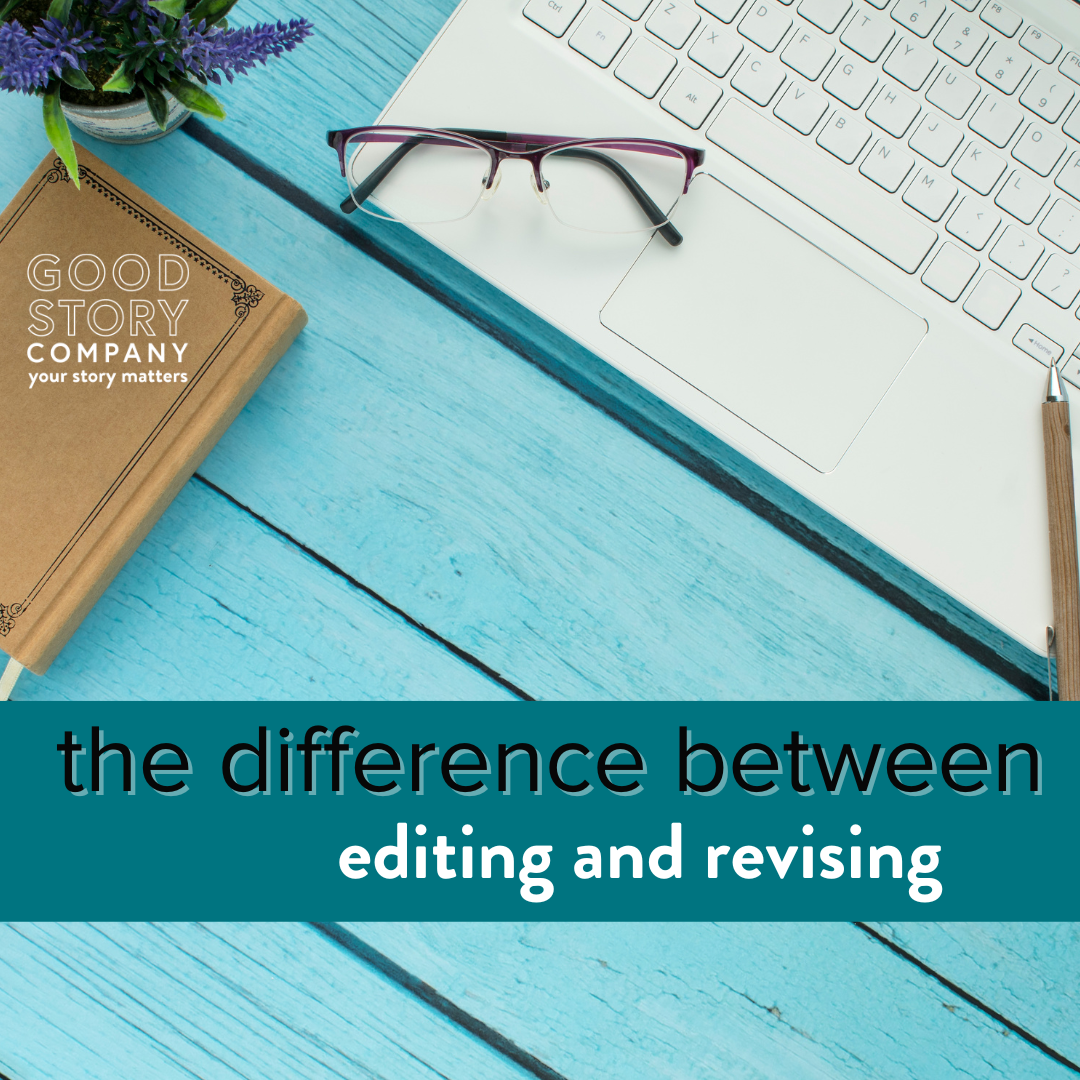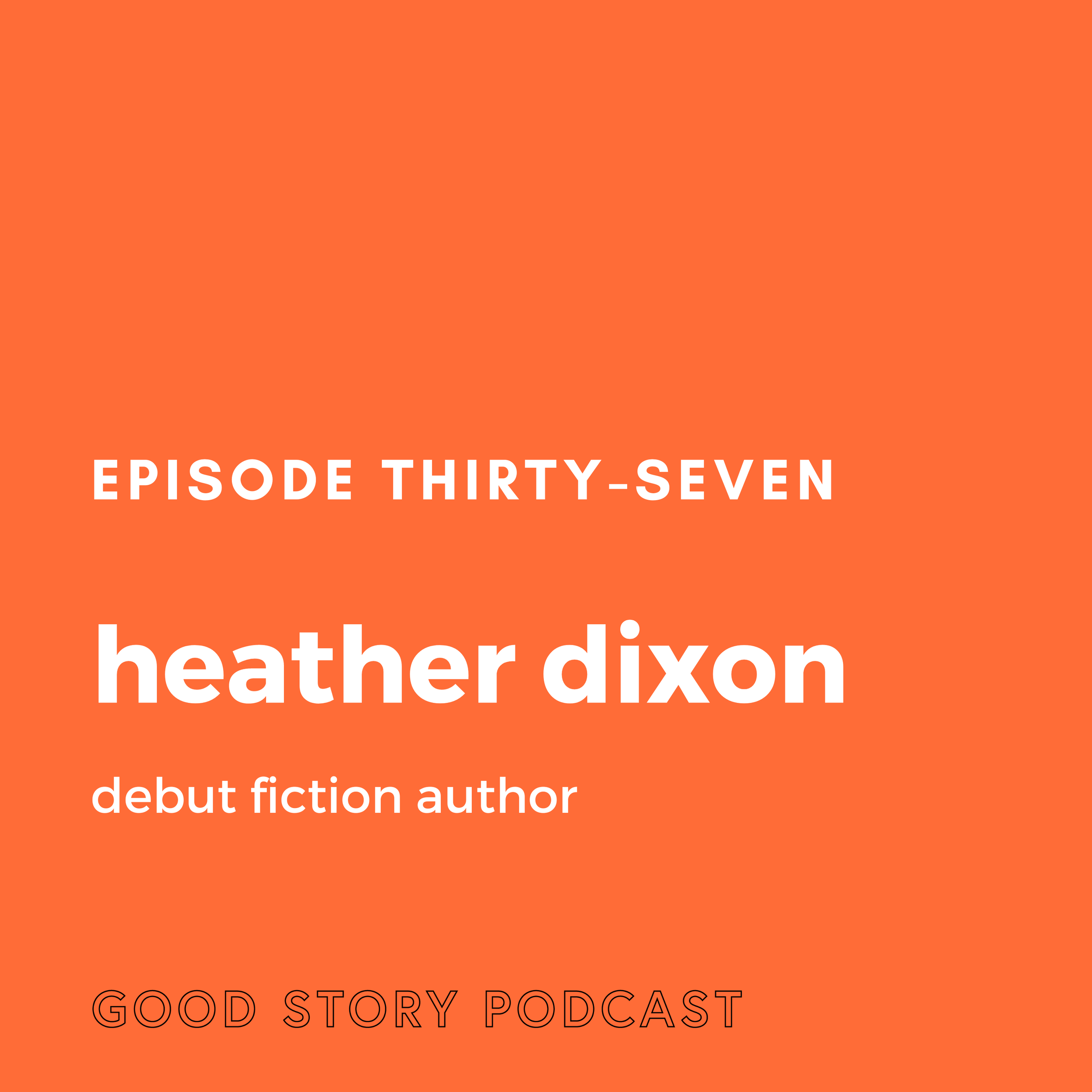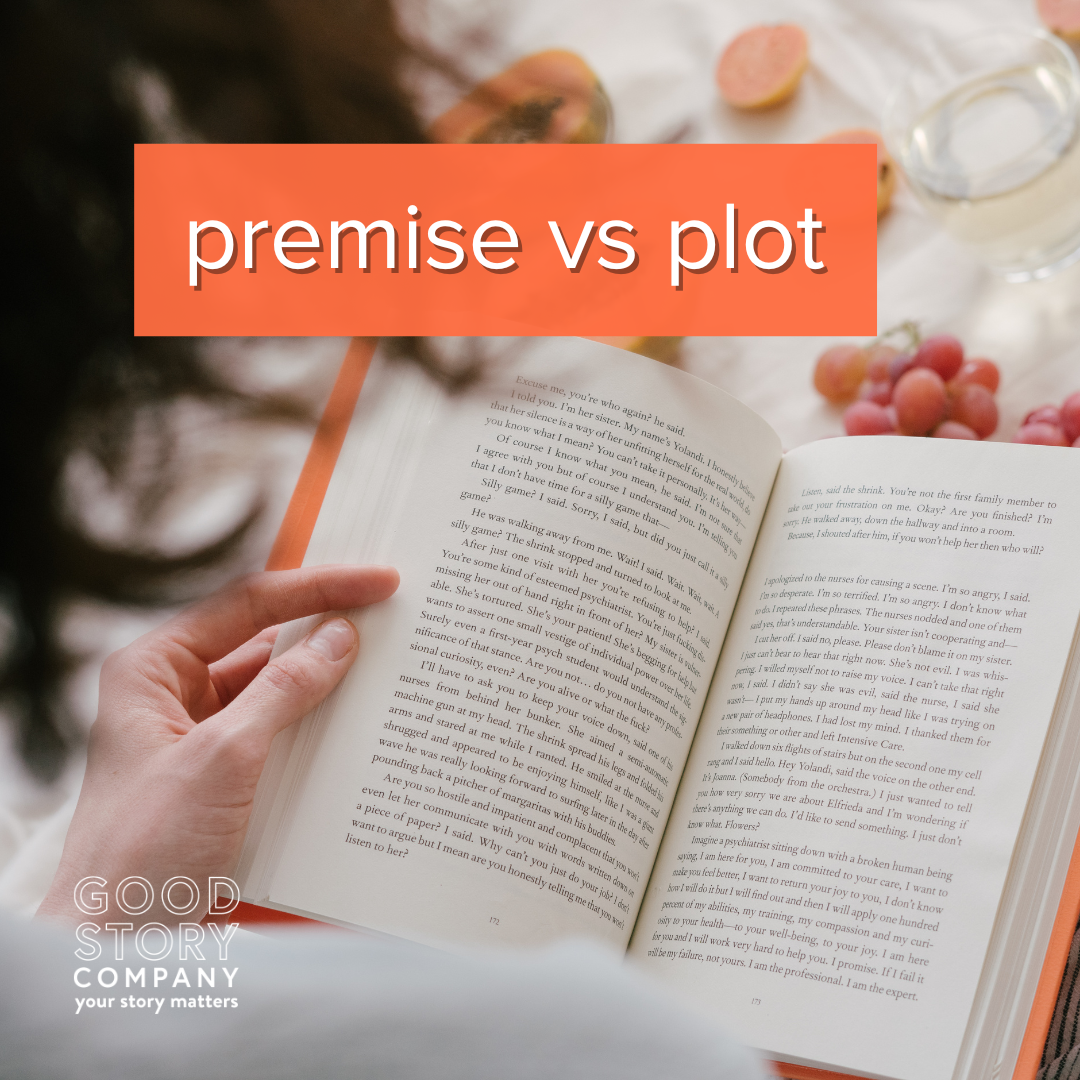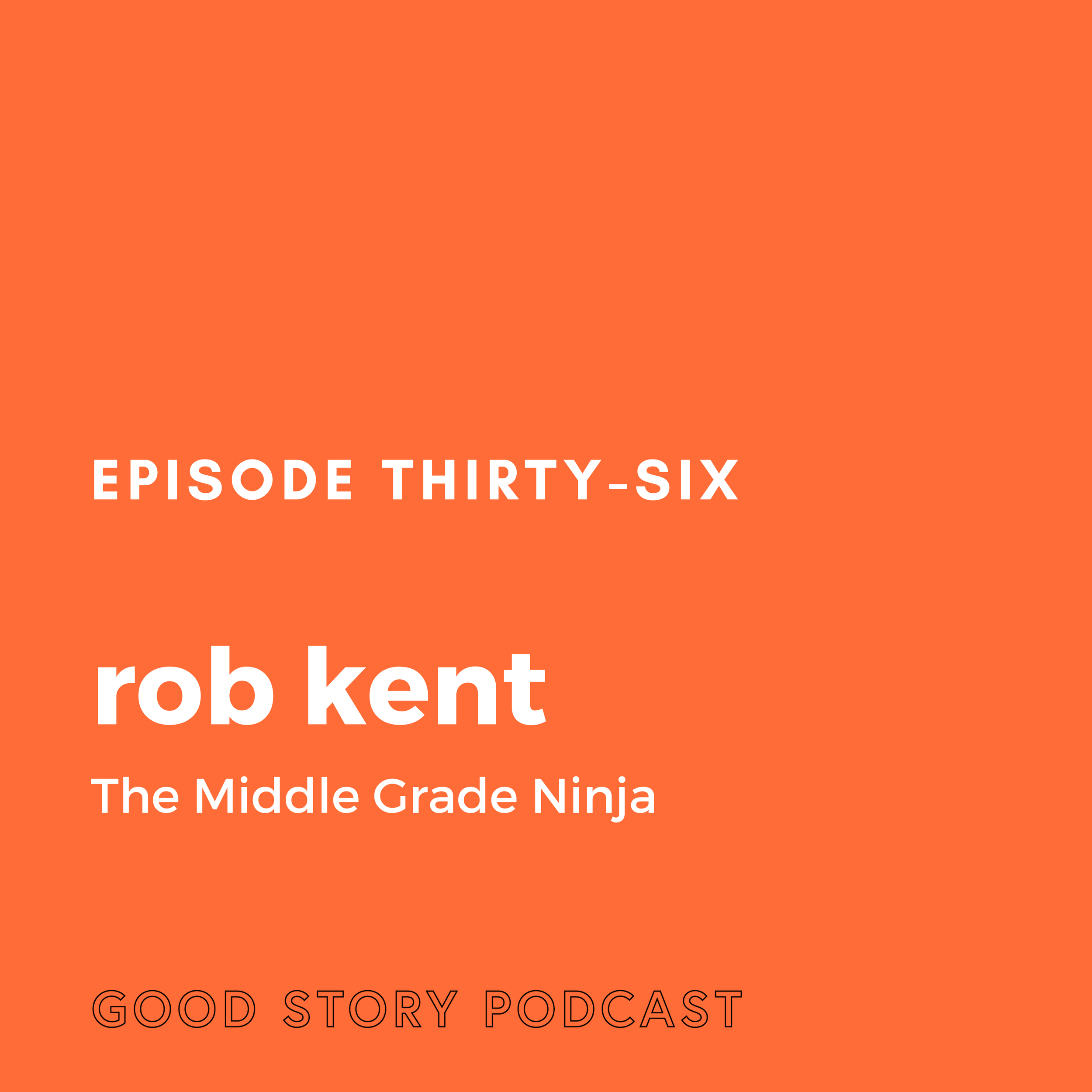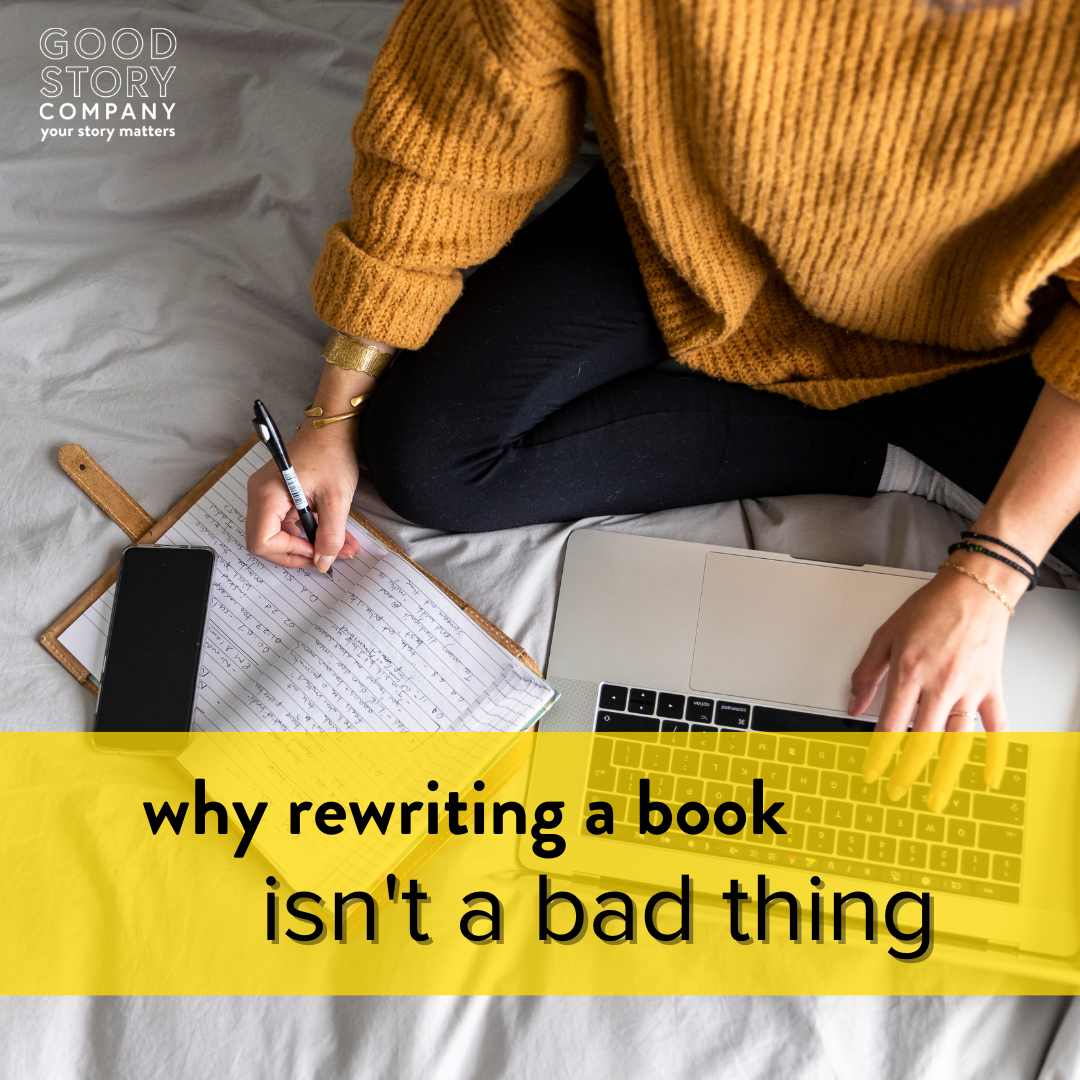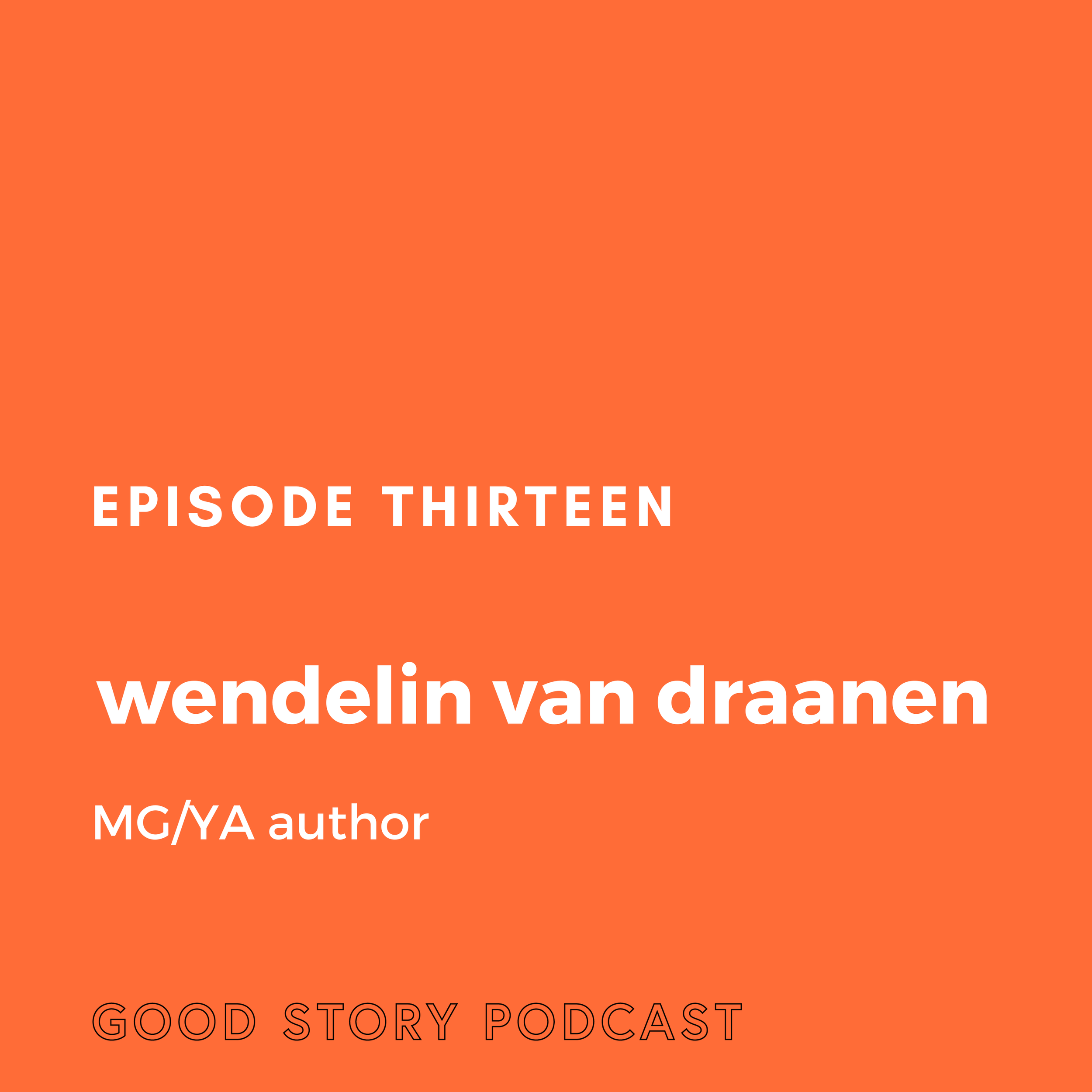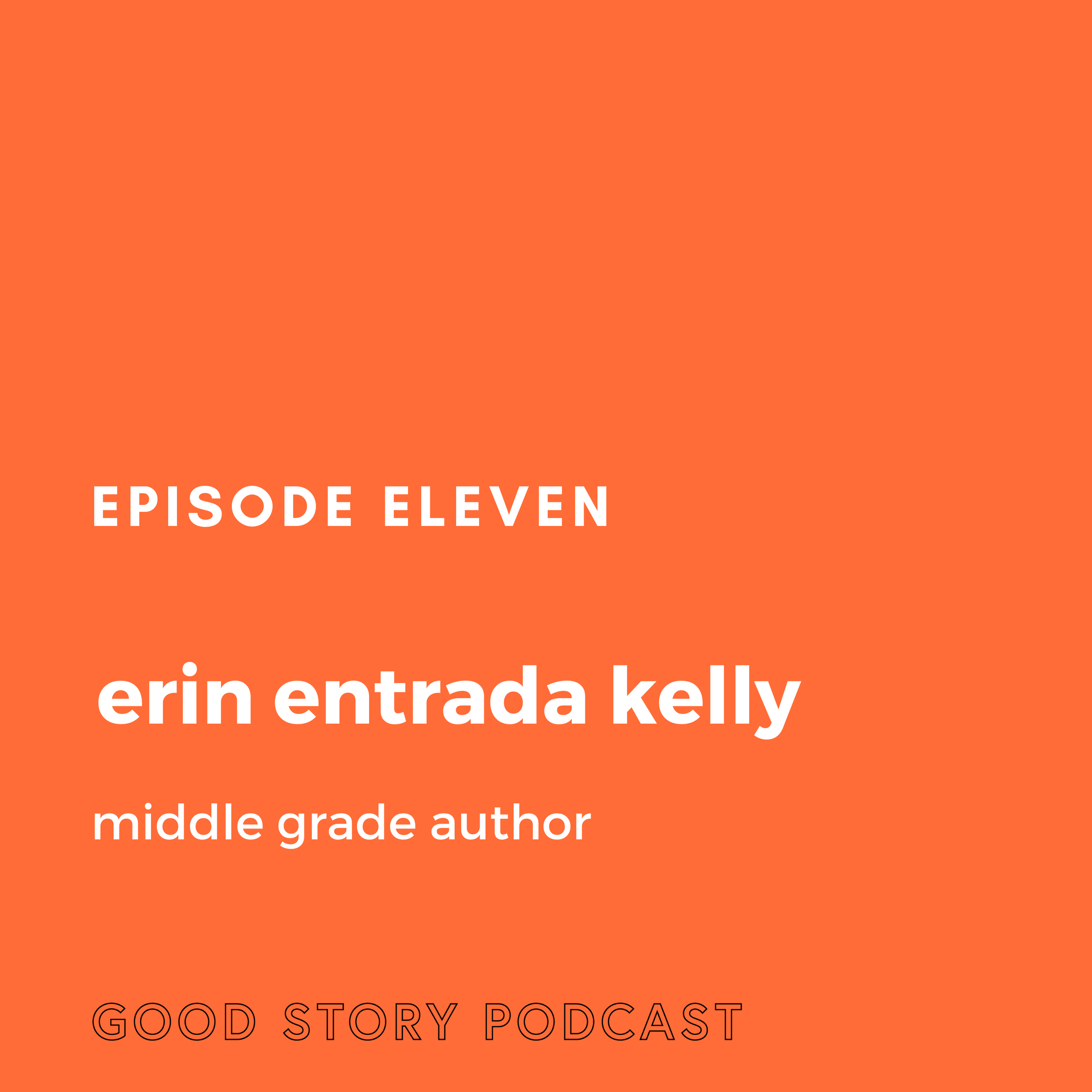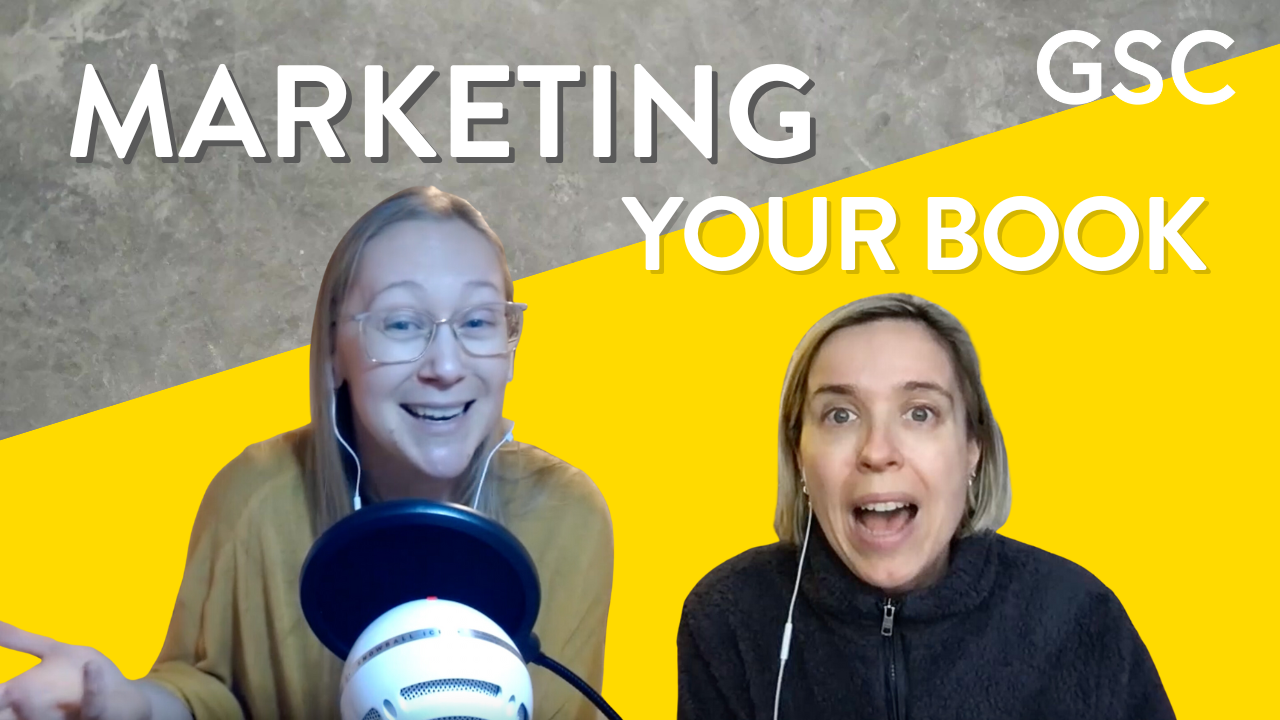
Writing About High School in Young Adult Fiction
You’ve got the perfect idea for your YA novel, but don’t forget about the setting! Most young adults go to school for six-plus hours a day, five days a week, so it’s the perfect setting for teen angst, romance, coming of age, and humor. Here are some tips for writing about high school in young adult fiction.
Writing Believable Characters
We know a believable character when we see one. We know what they want, how they feel, and that they’ll be different at the end of the story than they were at the beginning. Here’s how to make sure they’re connecting with your reader.
The Difference Between Editing and Revising
There’s an important difference between editing and revising, although writers tend to use “editing” and “revising” as interchangeable terms to mean anything other than drafting. You’ll need to do both, so it’s helpful to understand the difference.
Chosen One Stories: Is Your Hero Worthy of the Journey?
The “chosen one” premise is the focus of many books. They're the only person who can save the town, world, or galaxy. But writing a "chosen one" story is harder than it seems. How do you successfully execute this premise?
How to Start a Memoir
Many people wonder how to start a memoir, and if it’s even worth doing. Yes, it is absolutely worth doing. But not every event from your life merits inclusion. You have to be selective. Here’s how …
Episode 37: Heather Dixon, Debut Fiction Author
Thriller vs. Suspense... what's the difference? Heather Dixon, whose debut novel Burlington hits shelves this week, chats with Mary Kole about getting published and the appeal of suspenseful women's fiction.
So, you got a query rejection.
Query rejection hurts. You’re putting your shiny new novel out into the world, just for people to say “no, thank you.” Here are some of the best ways to deal with a query rejection.
Writing Good Sentences
Writing good sentences is at the heart of telling a good story. However, it’s not the first issue to tackle in revisions. First, finish your draft. Second, step away from your manuscript. Third, edit macro issues such as plot holes, character development, and story arc. Don’t fret about sentence craft until the bones of the story are in place and working well.
Using the Alternating Point of View
Depending on how an alternating point of view novel is handled, this choice can prove to be either a boon for the novel—a way to distinguish it from other similar ideas in the marketplace—or a confusing exercise in frustration for the reader. How can a writer use this format to strengthen their story rather than confuse their readers?
Premise Vs Plot
The concept of premise vs. plot is a common stumbling block for many writers. They’ll think they have a killer idea for a manuscript lined up, but when they sit down to write, the energy fizzles out partway through. Why isn’t a great idea enough?
3 Helpful Tips for How to Rewrite a Novel
Rewriting a book doesn’t mean your idea or your writing are bad. It means there’s a better way to show readers the essence of what you’re trying to tell them. Here are 3 helpful tips to get you started!
Episode 36: Rob Kent, The Middle Grade Ninja
Rob Kent, author and host of the Middle Grade Ninja podcast, joins Mary Kole to talk about his illustrious publishing career and provides valuable insights and inspiration for aspiring writers. He discusses the importance of managing expectations for success in your writing career, as well as writing for your own personal happiness.
Why Rewriting A Book Isn’t A Bad Thing
Rewriting a book may seem like a daunting task, but it’s worth it. Not only will rewriting develop your narrative, but it’ll make you a better writer. Here’s how.
Boring Characters
Hello. My name is Blandy. My appearance is normal. My eyes, hair, and build are ordinary. My opinions are private. My feelings are mild. I have a job in an office where I work. For leisure, I either look outside or inside. I am a boring character.
Tag, You're It! Using Dialogue Tags Effectively
Dialogue tags are invisible and useful when done well, but they can kick a reader out of a story so quickly when they aren’t. Let's talk about which ones work, and which are less effective.
10 Author Websites and Why They Work
Author websites are one of the most powerful marketing tools at a writer’s disposal. But what makes a good, even great one? Let’s take a close look at some author websites that work to see exactly why they work so well, and what you can do to make your own author website work just as effectively.
Episode 13: Wendelin Van Draanen, MG and YA Author
An uplifting conversation with author Wendelin Van Draanen, where we discuss the therapeutic nature of writing and the silver lining in a difficult path to publication.
Writing Under a Pseudonym
Many authors write under a pseudonym, also known as a pen name. If you think writing under an alias is in your future, here are some criteria to help you decide. I’ve also got some tips on how best to come up with one.
Episode 11: Erin Entrada Kelly, Middle Grade Author
An interview with middle grade author and Newbery medalist Erin Entrada Kelly, where we discuss writing outside your lived experience.
Marketing Your Book With Emily Enger
Book Marketer and PR Coach Emily Enger joins Mary to talk about some of the aspects of the writing process that might leave a yucky taste in our mouths. Tune in for actionable tips and insights into a publicist and marketer's side of the publishing world.

